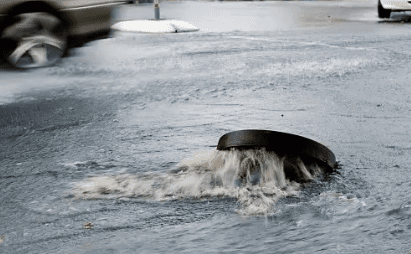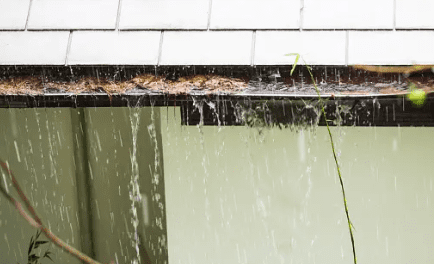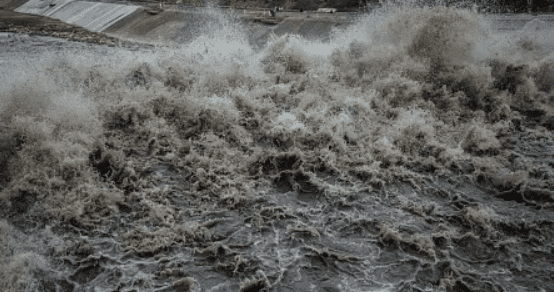According to a recent report by an Environmental Agency, four big water companies in England are responsible for the vast bulk of serious pollution problems—90% of the most major pollution incidents. The agency voiced unhappiness at the slow progress towards rectifying these problems, saying more needs to be done.

Most water companies in England are falling short where the clearing up of sewage and preventing pollution are concerned. This is according to a new report from the Environment Agency. According to it, four water companies have been responsible for most of the serious pollution problems. It has been identified that Anglian Water, Southern Water, Thames Water, and Yorkshire Water are those four companies. Between them, 90 percent of major pollution incidents are accounted for.
A report by the Environment Agency published in 2023 found that there were 47 major pollution incidents in the past year, compared with 44 problems in 2022—the water industry’s performance on pollution now generally worse than it was ten years ago. The companies, according to its report, have these four falling behind standards required to prevent pollution. Many water companies can’t even get the basics right, the EA said.
One big issue is that, in cases of heavy rain, storm overflows get too full and spill raw sewage into rivers and seas. This has been used as a common excuse by the water companies for the increased pollution. However, the EA believes that with more investment in their systems, the companies should be able to handle these problems better.
The EA has further established 45 locations which failed to meet the national standards for sewage treatment. It means, therefore, that these spots are out of the law and likely polluting. Last year, the issue about raw sewage poured into England’s rivers reached record levels. Discharges of raw sewage doubled from 1.8 million hours in 2022 to 3.6 million hours in 2023. There were 464,000 individual spills, a huge hike from 301,000 the year prior.

Against this background of issues, the EA ranked the performance of the water companies. Only three companies attained the top rating for their performance. These include the Severn Trent Water, United Utilities, and the Wessex Water. All others received lower ratings with the majority getting a rating of two stars. Thames Water and Yorkshire Water were among those at the bottom of the list. On top of that, Thames Water is also mired in financial trouble and might be taken over by the government.
The new government has committed itself to doing something about this situation. Labour wants tougher penalties for firms that fall below par and will stop them receiving bonuses if they fail to meet standards. More powers will be given to the industry regulator, Ofwat, to probe and monitor water companies. It is currently investigating all the wastewater companies in England and Wales following a surge in sewage spills.
Water bills are likely to rise as a result of the increased investment in sewage systems. Under an interim decision, they should go up by an average of 21% over the next five years. Some companies have called for bigger increases, like Southern Water. Southern Water aims to raise bills by nearly 73%, while Thames Water is seeking a 42% rise.

According to Environment Agency chairman Alan Lovell, if England wants cleaner rivers and seas, then water companies must take responsibility. He added that while some companies were starting to do better than others, the progress, generally, is far too slow. The EA is going to make some big changes in how it regulates water companies by recruiting more staff, increasing inspections, and compliance checks.
This report shows that not many water companies in England are doing enough to deal with sewage pollution. Four firms are behind the bulk of issues, according to the Environment Agency, and it is demanding more action to sort out the problems and improve the situation.








